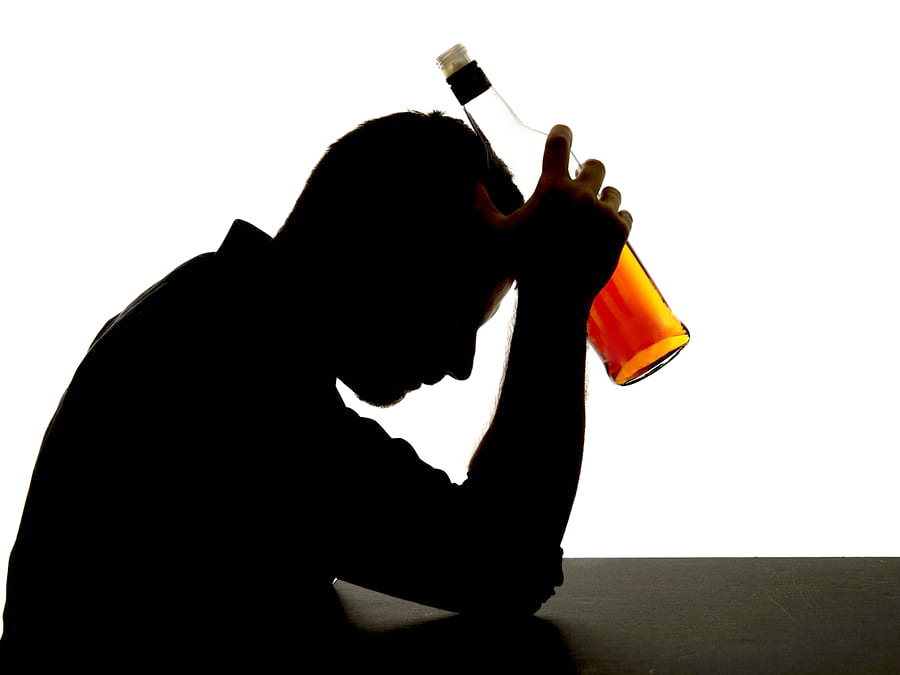Prime
Alcohol industry funded rehab centres are not the solution

What you need to know:
- The alcohol industry can never help people stop drinking, which is the purpose of rehabilitation.
In a recent article published by this esteemed paper, the Permanent Secretary in the Uganda Ministry of Trade, Industry and Cooperatives, Geraldine Ssali Busuulwa encouraged the Alcohol industry to set up rehabilitation Centres for people who develop alcohol use disorders.
Uganda Alcohol Policy Alliance (UAPA) strongly opposes this approach to addressing alcohol-related harm in the country for the following reasons:
Setting up rehabilitation centres is not the mandate of the alcohol industry but rather the Ministry of Health and those licensed to offer rehabilitation services who have no conflict of interest.
The industry is profit-oriented seeking to expand its market as shown by the current aggressive promotion.
It is important to note that addiction is a disease without a cure, which is why prevention of alcohol related harm is the best approach.
Furthermore, the recommended approach is not one of the evidenced-based approaches to reducing alcohol-related harm in the country.
It is important to note that the Government of Uganda invited the World Health Organisation (WHO) to support the implementation of the SAFER initiative.
The SAFER represents five evidence-based approaches to (i) Strengthen restrictions on alcohol availability, (ii) Advance and enforce drink driving countermeasures, (iii) Facilitate access to screening, brief interventions, and treatment,(iv) Enforce bans or comprehensive restrictions on alcohol advertising, sponsorship, and promotion, (v) Raise prices on alcohol through excise taxes and pricing policies.
SAFER consists of three components working together to support delivery of the WHO “best buys” and the WHO global alcohol strategy.
A WHO-led package of technical guidance on effective policy and program interventions
A WHO/UN-led operational programme focusing on country action and a multi-stakeholder communications and advocacy campaign. Currently, this is being implemented in Uganda.
The recommended approach by Ms Ssali is not one of them. By inviting WHO to support the implementation of the SAFER the government subscribes to the WHO recommendations of not dealing with the alcohol industry in addressing alcohol harm because the industry can never regulate itself.
In pursuit of better health for the nation, prevention science should be promoted which the alcohol industry cannot subscribe to.
Asking the alcohol industry to set up rehabilitation centres is running away from the reality that alcohol is a risk factor in many health problems which will not be addressed by setting up such centres.
A number of non-communicable diseases like cardiovascular diseases, high blood pressure and diabetes can be traced to alcohol hence prevention is the best approach to this vice that is crippling our nations.
Alcohol abuse is a major contributing factor to gender-based violence, child neglect and poverty in the country.
Most of the poorest regions have high rates of users.
While addressing the health-related effects of alcohol is urgent, the various harm ensuing from the same need urgent attention.
According to Movendi International, Alcohol affects 14 out of the 17 Sustainable Development Goals. Hence a holistic approach to rid the nation of this vice is recommended.
The alcohol industry can never help people stop drinking, which is the purpose of rehabilitation.
There is no way the alcohol Industry can own rehabilitation centres and stop promoting their so-called” responsible or positive drinking”.
It is sad that the government believes in this myth.
The alcohol industry cannot claim or offer a solution to the harm they are knowingly causing. Their actions are the same as tobacco, big food, oil companies etc.
They have continued to sell harmful products, fought against regulations for self-compliance and yet want to be part of the solution.
This is one way of opposing and undermining evidence-based, high-impact policy measures that would promote health, well-being and social progress.
If the industry adheres/complies strictly with regulations and policies on alcohol, we won’t need them to set up rehabs.
1. They must agree to taxation on all alcoholic products.
2. Stop targeting young people with their adverts
3. Allow health warnings on their products
No intervention aimed at addressing alcohol harm should be carried out in collaboration with the industry.
They take advantage of every situation for Corporate Social Responsibility (CSR) as a marketing strategy for their products.
Juliet Namukasa, Chairperson Uganda Alcohol Policy Alliance




